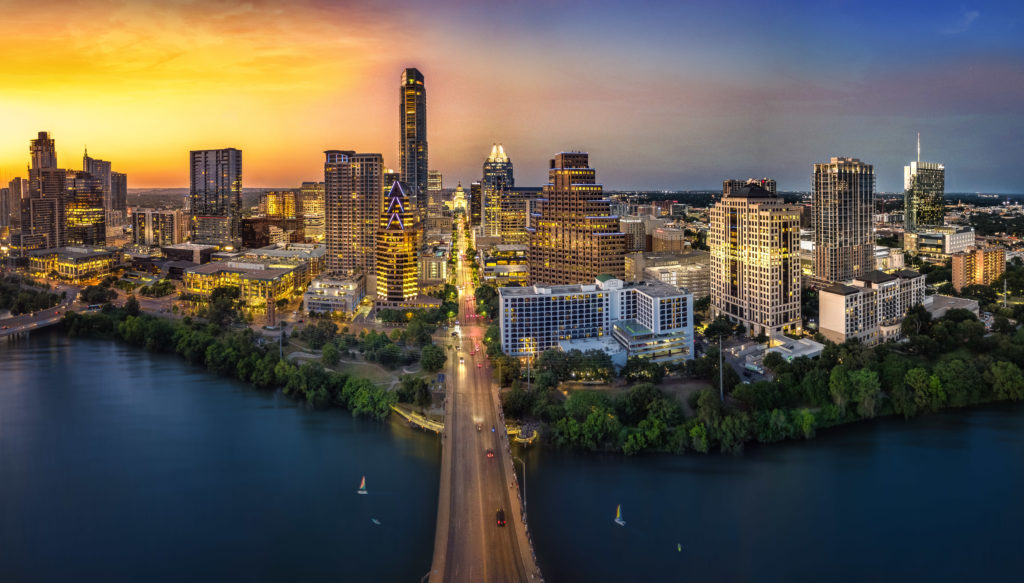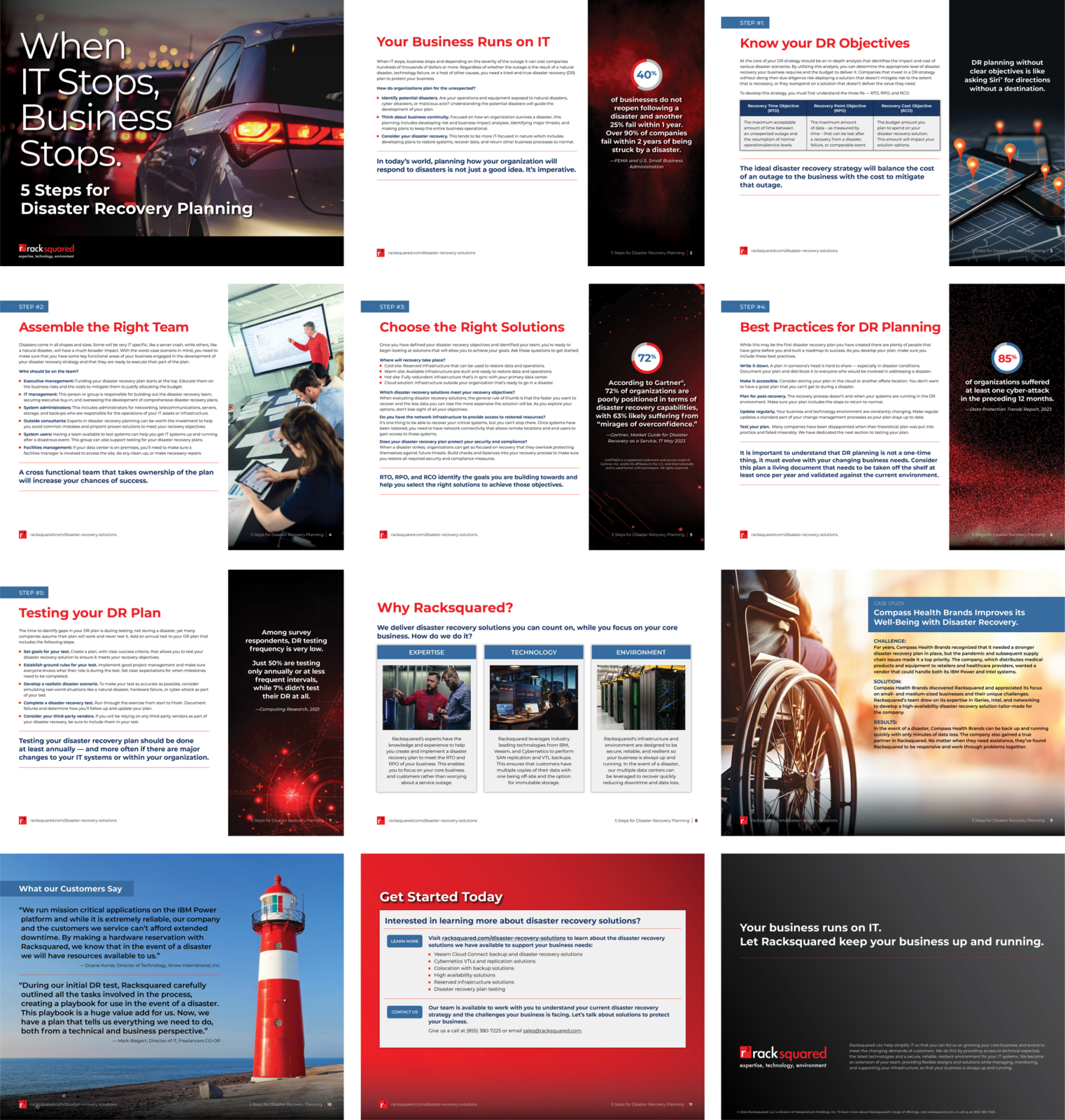This week’s meeting of the Austin Forum on Technology & Society was a treat. Not only to catch an annual overview of technology predictions from dynamic duo Jay Boisseau and Jay Williams (Boisseau also directs the group), but as a reminder of why I’m glad to be a part of this city.
Everything that rises
It was my first Forum meeting, but certainly not my last. And it left me with a raft of good impressions—about the Forum itself, about the local technology scene (which we all knew was thriving, but Wow!), and about the people-gathering ability of the Austin Public Library’s stunning central branch. (Check out the Forum’s calendar of upcoming events, too.)
The overview of worldwide technology trends the two Jays offered was dominated by the promise of convergence between AI, IoT and 5G networking.
Right at home, worldwide
This powerful constellation has implication—from authentication, to predictive modeling of real-world events, to offloading the terabytes and petabytes of information that tomorrow’s sensor-laden cars will generate, to IoT generally.
(And of course, the security and privacy issues that will only become more pervasive as personal data is captured and transmitted at ever-larger scale.)
But much of what caught my attention was about the city I call home, where I’ve watched the skyline change on what seems a daily basis.
Austinites will know what a vibrant place it is, despite the traffic (note: not nearly as bad as San Francisco or Seattle) or the ever-rising price of home ownership (ditto). But to hear some of the figures behind that growth is mind-blowing.
Experiment. Adopt. Adapt.
People moving to Austin is precisely the dynamic that means the city is growing—says Williams—something like four times as fast as Silicon Valley. Businesses, too: Well over 1500 companies relocated to Austin in the last year—a figure we can expect to see doubled in 2019.
Across the spectrum of today’s hottest business areas, Austin is a leader—as the speakers pointed out, it’s a city where experimentation, adoption, and adaptation are all valued. (Witness the influx of scooters, pop-up businesses, and flexible workspaces.)
Scooting toward the future
For a world of entrepreneurial remixes, rapid prototyping, and new applications, those traits are key for high-tech businesses, and explain why there are more than 100 businesses that have joined the Austin Blockchain Collective … and why electric scooters suddenly dominate downtown transportation.
These attitudes also help explain why in its latest rankings Inc. named Austin the top place—in the U.S., not just in Texas—to start a business. But they’re only part of the picture. A relatively stable local economy, moderate regulation, balmy weather, and a complex and rich culture all help, too. Not to mention the deep pool of professional talent and a university student population well over 80,000.
Boding brightly
Even one of the few weak points that both Boisseau and Williams point out in the current Austin scene—lackluster 5G implementation—seems unlikely to persist, with all the reasons why it would be an instant catalyst here.
Of course, Austin is also already an important base for enterprises around the world, like Google, Apple, IBM, and Intel—as well as hundreds of others, large and small—who are in Austin for the long haul as employers and innovators.
I’ve seen how a perpetual sense of excitement bubbles through both the Austin tech industry and the city as a whole. And I’m glad to see that it looks like we’re only just beginning.
DeLaune & Associates partners with technology firms (worldwide, not just in Austin!) to communicate their offerings’ values through digital marketing assets. Drop us a line to see how we can help!





